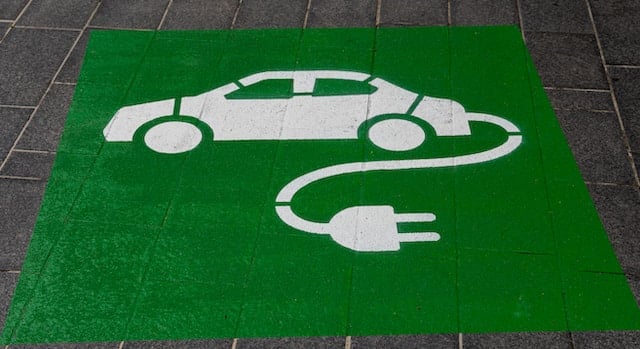- Automating transactions with renewable energy certificates drives global sustainability.
- The collaboration between EDF, REDEX and Rekursive Labs sets a transparent standard in the field of renewable energy.
In a major milestone for the energy sector, Électricité de France (EDF), a world leader in electricity generation and the largest producer of renewable energy in Europe, has joined forces with REDEX and Rekursive Labs in a groundbreaking project.
This effort, supported by a proof-of-concept (POC) analysis, uses Hedera’s distributed ledger technology (DLT) to automate Renewable Energy Certificate (REC) transactions, marking a new chapter in the quest for efficiency, transparency and sustainability in the $19 sector. billion market for renewable energy certificates.
Commitment to a sustainable future

At the heart of this collaboration is a shared vision of a greener and more sustainable future. EDF, with its expertise in renewable energy and electric vehicle charging, sees itself as the ideal partner for this initiative. The company is committed to sustainability and sees Distributed Ledger Technology (DLT) as the perfect tool to drive positive change in the sustainable energy sector.
@EDFofficiel, a global electricity giant, just enabled #Hedera! They have partnered with REDEX and Rekursive Labs to revolutionize renewable energy certificate management.
Hedera’s technology + open-source Guardian platform = a greener, more efficient #ReFi market!
pic.twitter.com/B7EszTDCWf
— Collin Brown (@CollinBrownXRP) November 29, 2023
Successful demonstration in Singapore
The project was realized at EDF’s MASERA microgrid demonstrator in Singapore, where the automatic repayment of tokenizedRECs at charging points for electric vehicles has been reached .
The initiative involved collecting data from various sources, from solar panels to generators and energy storage systems. This data was compared in near real-time with the energy consumption of electric vehicle chargers, ensuring an accurate match between certified green energy consumption and actual consumption at charging stations.
Tackling ecological emergencies
Zhaotan Xiao, CEO of REDEX, highlights the urgency created by the European Union’s Carbon-Based Emissions Adjustment Assessment (CBAM), highlighting how tokenization provides a simpler and more scalable architecture for tracking environmental attributes in global supply chains.
recommended for you
• Bitcoin Giant DCG and Genesis Global Settle Lawsuit with $275 Million Repayment Plan • Cardano’s Battle for $0.38: Where Will ADA Price Be Next? • LUNC soars 15% as Bitcoin breaks key barrier – Terra Classic shines
This solution not only simplifies the calculation and tracking of the carbon footprint of commercial goods, but also lays the foundation for monitoring various environmental characteristics in products, from their origin to the end user.
Vision on technology integration
Jason Loh, co-founder and Chief Commercial Officer of Rekursive Labs, emphasizes the importance of integrating renewable energy certificate (REC) technology into all renewable energy production and consumption systems. By utilizing Web3technologies and processes organizations can track renewable energy consumption throughout the supply and production chain, ensuring transparency and integrity.
Hedera: the ideal platform
The Hedera Network stands out as the ideal medium for this POC due to Guardian’s speed, scalability, enterprise focus and open infrastructure. The Hedera network offers fast and cost-effective transactions, making it the perfect choice for real-time REC redemptions compared to other distributed ledger technologies (DLTs). Furthermore, Hedera’s commitment to its carbon negative status aligns perfectly with its goal of promoting a global movement towards sustainable energy production.
Standard for sustainability
The collaboration between EDF, REDEX and Rekursive Labs, supported by Hedera, marks an important step forward in automating and improving traceability in the renewable energy certificate market. This project not only efficiently drives the adoption of renewable energy, but also sets a standard for transparency and sustainability in energy production and consumption worldwide. In a world increasingly focused on sustainability, these initiatives are essential for a greener and more equitable future.




